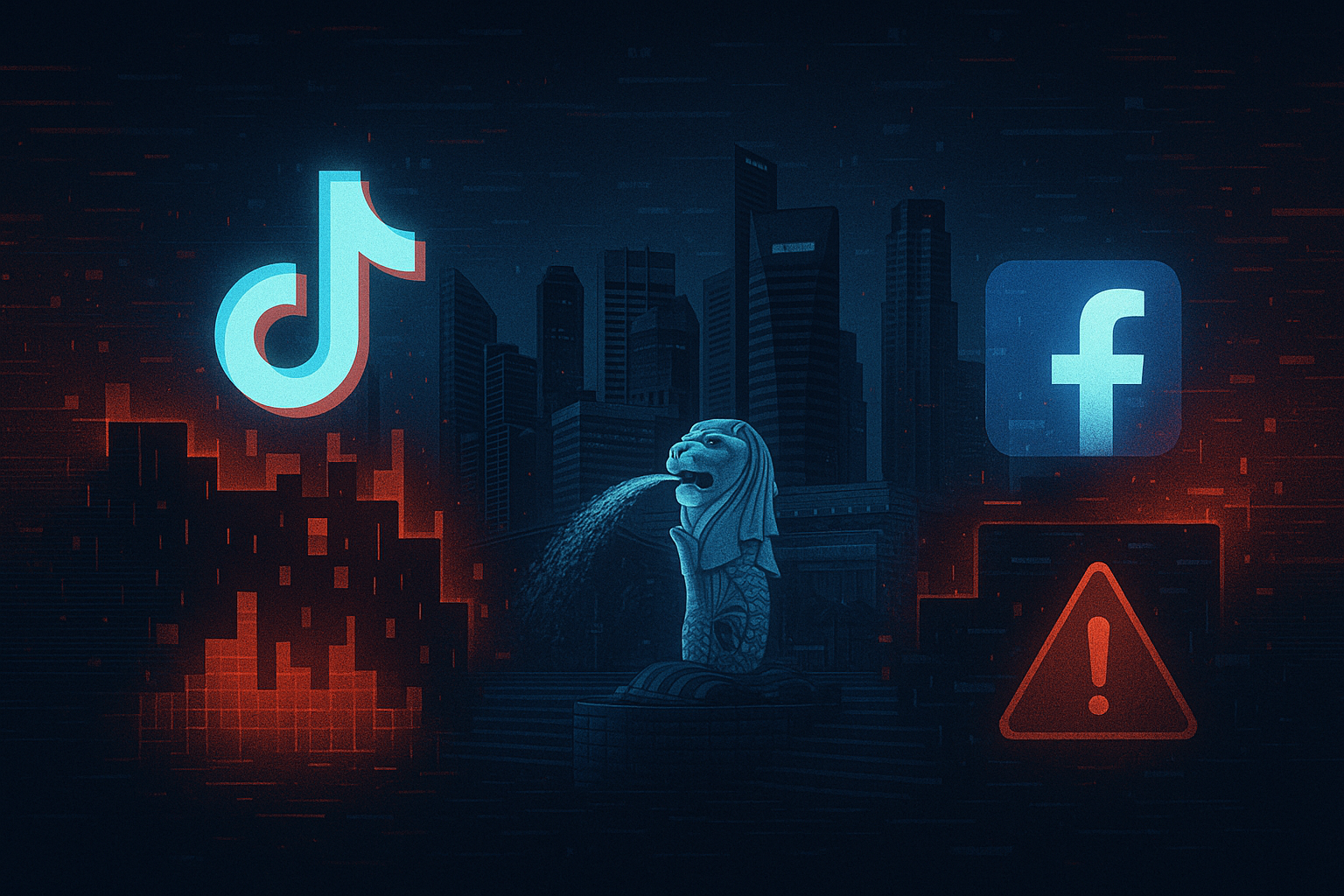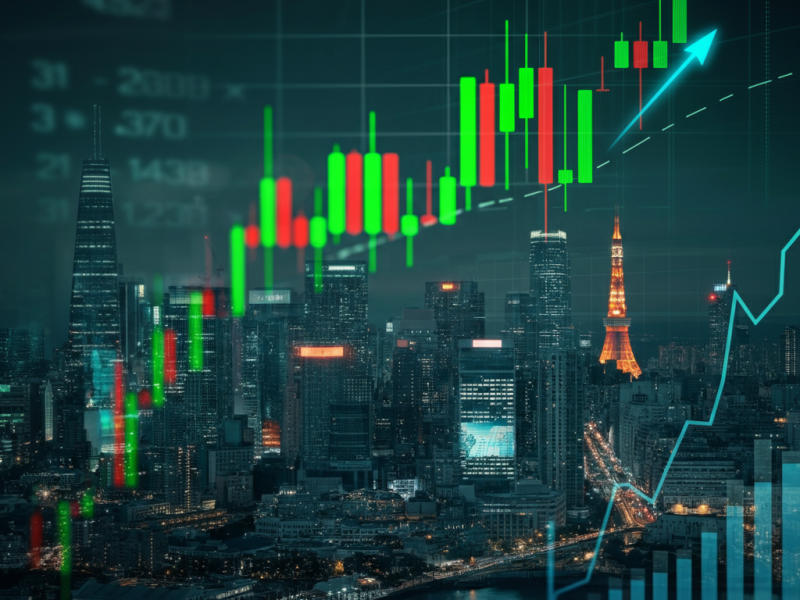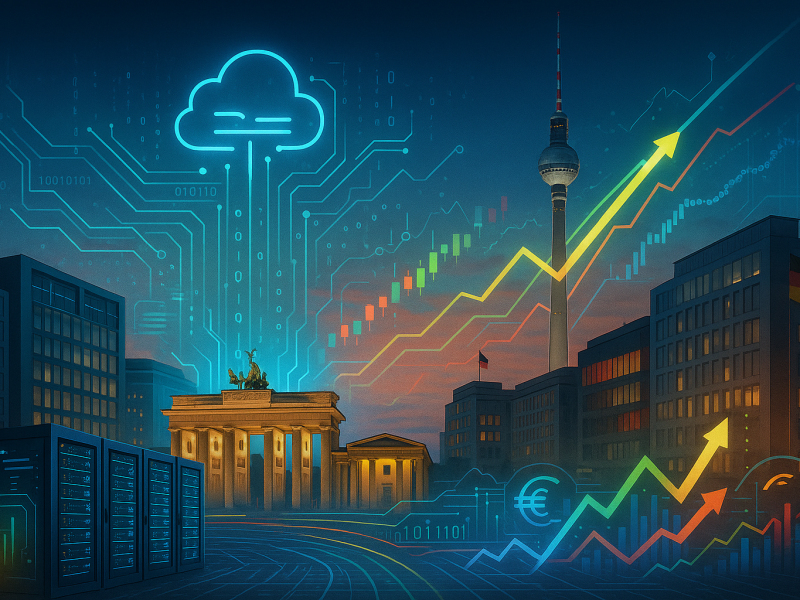Singapore is considering granting itself sweeping authority to block content on TikTok and Facebook. That’s not the headline you’d expect from a highly connected, internet-savvy city-state. But the draft proposals suggest Singapore wants stronger controls over online speech—especially when it deems content harmful.
What’s happening
Singapore plans to establish an Online Safety Commission with legal powers to order removal or blocking of social media content.
Under the proposed rules:
- The commission could order social platforms to take down posts flagged as harmful in Singapore.
- It could direct internet service providers to block access to certain pages or even entire platforms.
- The law would also allow victims to demand a “right to reply” or see offending users banned.
- Initially, harms covered include harassment, doxxing, child abuse content, and abuse of intimate images.
- Over time, the scope could expand to include non-consensual disclosures or inflammatory content (“incitement of enmity”).
Singapore’s move builds on earlier legal tools: the Online Criminal Harms Act, passed in 2023, already gives authorities power to block online content, services, or apps deemed harmful.
It’s also consistent with frameworks like the Protection from Online Falsehoods and Manipulation Act (POFMA), which enables takedown or correction orders for content that the government regards as false.
In effect: Singapore would be able to instruct TikTok, Facebook, or any platform to remove content or restrict access within its borders.
Why Singapore is pushing this
1. Complaints not addressed
Singapore reports that user complaints about harmful content often go unaddressed on platforms. The new law aims to create a faster, more enforceable channel.
2. Strengthening online safety
Advocates argue that in a digital age, words can harm just as much as physical acts. So, this system is framed as protecting vulnerable users—especially minors, victims of abuse, or those targeted for harassment.
3. National control over narratives
From the government’s perspective, giving state bodies more oversight means better control over narratives that may affect social harmony, public order, or national security.
Singapore has already used related powers: in 2024, it directed social media firms to block 95 accounts linked to an exiled Chinese businessman, citing foreign interference laws.
In the run-up to elections in 2025, authorities ordered Facebook to block certain foreign posts regarded as political influence efforts.
The flip side: risks and criticisms
Free speech under pressure
The biggest worry from critics is this: who decides what’s “harmful”? When government bodies can order takedowns, there’s a risk the line between moderation and censorship blurs.
Activists, journalists, and opposition voices may fear that this central power could stifle dissent under the guise of protecting online safety.
Platform burden & compliance
Platforms like Facebook or TikTok would need to respond quickly—and comply selectively in each jurisdiction. That means cost, complexity, and local legal obligations.
Moreover, they might err on the side of over-removal to avoid penalties—thus chilling legitimate speech.
Cross-border and technical hurdles
Singapore’s jurisdiction ends at its borders. So, enforcing a block only works locally (via ISPs or DNS). Platforms operating globally may resist—or find ways around it.
Also, what counts as “harm” in one place may be normal speech elsewhere. There’s a tension between local norms and global standards.
What’s likely in the final law?
We can guess a few things based on Singapore’s past moves:
- The government will include checks and appeals; victims or platforms may have recourse in courts or tribunals.
- Initial scope will be relatively narrow (harassment, child abuse, privacy violations), with gradual expansion.
- The law may borrow from prior statutes: POFMA style correction orders, and the blocking orders of the Criminal Harms Act.
- Platforms designated as “significant reach” by Singapore’s IMDA (Infocomm Media Development Authority) will be obligated to comply.
- The legislative debate will be intense: free speech advocates will press for stricter boundaries and safeguards.
Why it matters globally
Singapore is small, but its approach could ripple outward. Other governments may take cues: if your state can order takedowns in a smooth, enforceable way, that becomes a model.
For companies, this raises the bar. Moderation isn’t just about community standards—it becomes legal compliance in multiple jurisdictions.
For users, it reshapes expectations. The internet feels borderless, but this is a reminder: your posts may be regulated differently in each place.
It also forces us to ask tough questions about governance, power, and expression. What does “safe” mean? Who defines it? And what trade-offs are we willing to accept?
Your takeaway
- Singapore is actively considering granting itself the power to order content removal or blocking on TikTok and Facebook.
- The rationale is centered on combating online harm, harassment, and disinformation.
- Risks include censorship, chilling effects, and platform burden.
- The law will likely include appeal routes and phased rollouts.
- As digital regulation tightens globally, this is a test case in balancing safety and speech.
If you like, I can dig into expert reactions, potential versions of the bill, or comparisons with other countries’ regimes. Want me to dig deeper?


